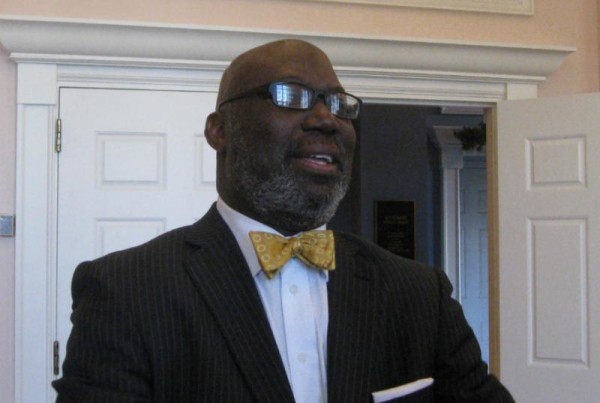Although there are still more than eight months until the state’s campus carry bill goes into effect, universities across Texas have been releasing their own policies for how the law will be implemented.
This week, Texas Tech joined the University of Texas at Austin for one proposal: banning guns from dormitories. This runs counter to a non-binding opinion Texas Attorney General Ken Paxton released Monday, which stated that public universities which try to ban concealed handguns from dorms would be in direct violation of the new law.
Steven Goode, professor at the University of Texas School of Law and chairman of the university’s campus carry policy working group, says they disagree with the attorney general’s interpretation.
“We had four lawyers on our working group, including a former justice of the Texas Supreme Court,” he says. “We consider that law very carefully and try to interpret it as fairly as we could.”
According to Goode, a provision in the law says that university presidents may make a regulation regarding the storage of handguns in dormitories.
“We did make such a recommendation,” he says about the working group. “We said that in university apartments, handguns would be permitted and that we made regulations for storage of the handguns in gun safes and specified that gun safes must meet certain standards.”
While SB 11 states that campuses can have gun-free zones, the law does not specify the size and location gun-free zones could cover. Goode says that classrooms, which was recommended to allow guns, “affects all students throughout campus.”
“With regards to on-campus residence halls, our unique situation is that almost all of our students live off-campus, particularly students who are 21 and over,” he says, referring to the age at which adults may apply for a handgun license. “Only about 1 percent of the students who live on campus are 21 or over, and so any regulation about on-campus is only going to affect a tiny sliver of our students.”
Goode says that the working group is not likely to revisit their suggestions unless asked to do so by university president Gregory Fenves. On the possibility of the issue being settled in court, he says a lawsuit would be past the working group’s responsibilities.
“From the very beginning of this task, there was always an assumption that we might well wind up in court, challenged either by supporters of the campus carry law, opponents of the campus carry law, or both,” Goode says. “That’s not something that was in the working group’s control, we just try to do the most honest, fair job we could.”
















